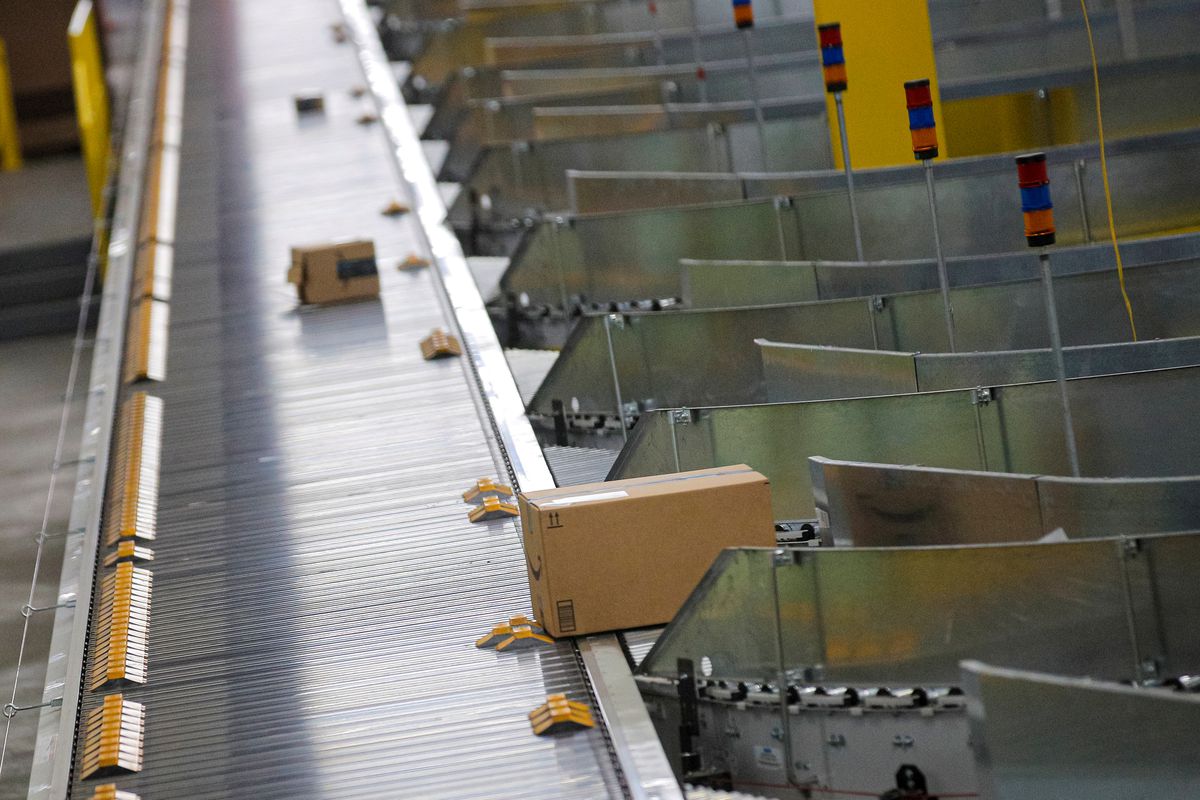
Global companies’ capex to hit decade-high growth this year -Refinitiv data
June 23 (Reuters) – Global companies are set to ramp up their expansion plans this year, after being bogged down in the last few years, as economies recover from the pandemic and firms start to see higher profits and cashflows.
According to an analysis of Refinitiv data for 4100 global non-financial firms with a market value of at least $1 billion, estimates show their cumulative capital expenditure is set to grow 10% this year, the most in a decade, before slowing in 2022.

Analysts expect lower borrowing costs, governments’ infrastructure spending and global transitioning to green energy to boost corporate capex this year.
“Corporate capex is on an accelerating path this year, given the strong rebound in corporate profitability, where profits have tended to lead capex pretty consistently,” Mislav Matejka, head of global and European equity strategy at JP Morgan, said in a note.
“Further, bank lending standards are continuing to improve, which helps capex decisions,” he said.
The Reuters analysis showed the companies’ combined free cash flows rose to $331.96 billion in the first quarter of this year, which is a decade high.
In the past few years, global companies have preferred to use their cash piles on share buybacks and repaying debt rather than investing in capex due to uncertainty over Sino-U.S. trade tensions and the COVID-19 crisis.
However, Anik Sen, global head of equities for PineBridge Investments based in New York, said companies would tend to spend more heavily on capex this year.
“Historically, capex was not rewarded with a higher share price due to the long payback periods,” he said.
“(But) the nature of capex today, such as automation, digitalization, shift to cloud, have significantly shorter payback periods with high internal rate of returns which flow through to higher cashflow expectations in the mid-term.”
The analysis showed European companies are expected to see a 13% increase in capex this year, compared with 11% for U.S. firms and 9.7% for Asia Pacific.
By sector, tech firms are estimated to raise their capex by 17.4%, while consumer discretionary firms and utilities sector firms are set to see an increase of 17.3% and 13.8%, respectively.


Intel (INTC.O) announced earlier this year it would spend $20 billion to expand its advanced chip manufacturing capacity, while Sony Group (6758.T) said that it will spend about $18 billion over the next three years on strategic investments. read more
The analysis showed developing markets may lag on capex growth this year as they are still struggling with vaccinations and have higher corporate debt levels.
The data showed that emerging market firms are likely to post capex growth of just 8% this year, far below that in developed economies such as the United States and Europe.
“Very clearly, capex in the emerging world will not grow as fast as there will be credit constraints, the more so when the Fed starts tapering,” said Alicia Garcia Herrero, Asia-Pacific chief economist at Natixis.
Analysts also said companies would allocate more money to renewable energy projects, as they face pressure from governments and investors to turn carbon neutral in coming years.
“Companies are under the scrutiny of investors to show progress on their greenhouse gas intensity,” said PineBridge’s Sen. “Asset managers, in turn, are being held to account by asset owners to engage with companies on ESG issues.”Reporting by Patturaja Murugaboopathy and Gaurav Dogra; Editing by Vidya Ranganathan and Andrea Ricci
Our Standards: The Thomson Reuters Trust Principles.






